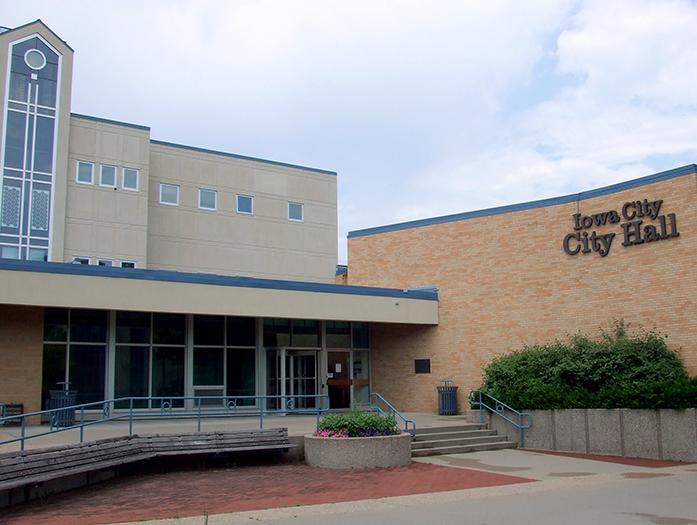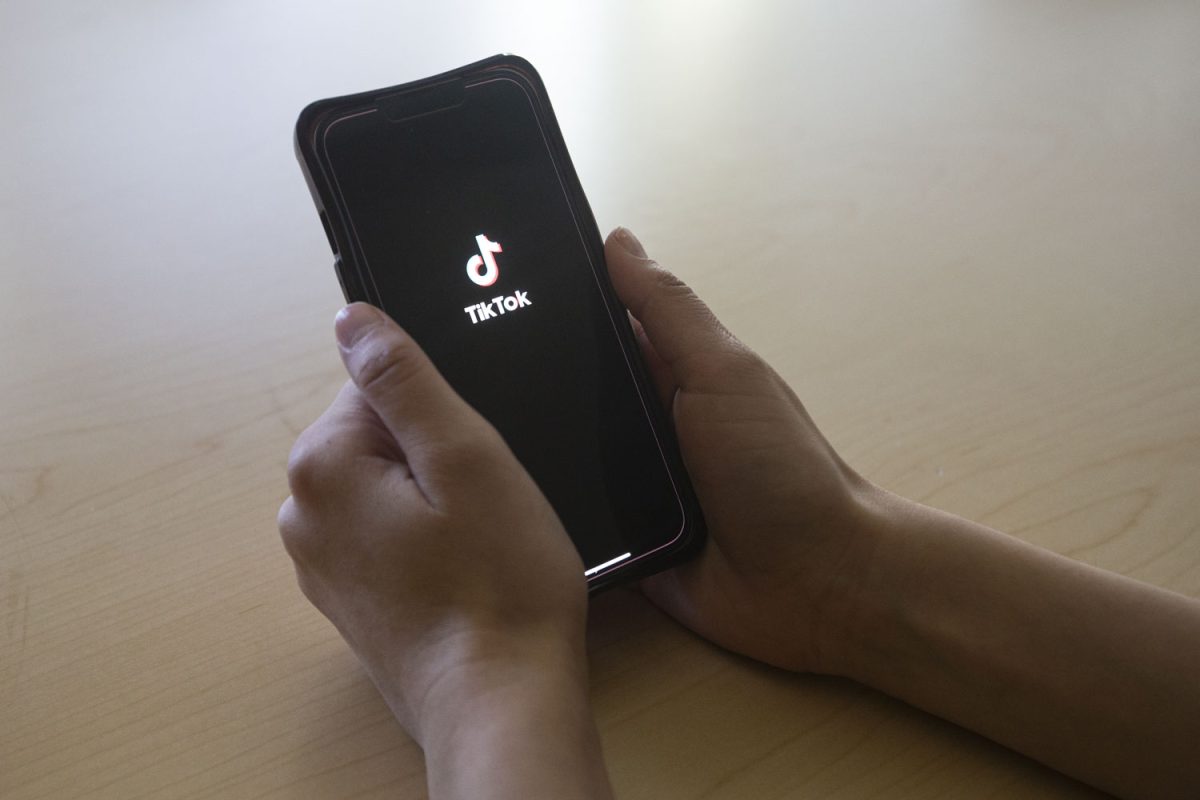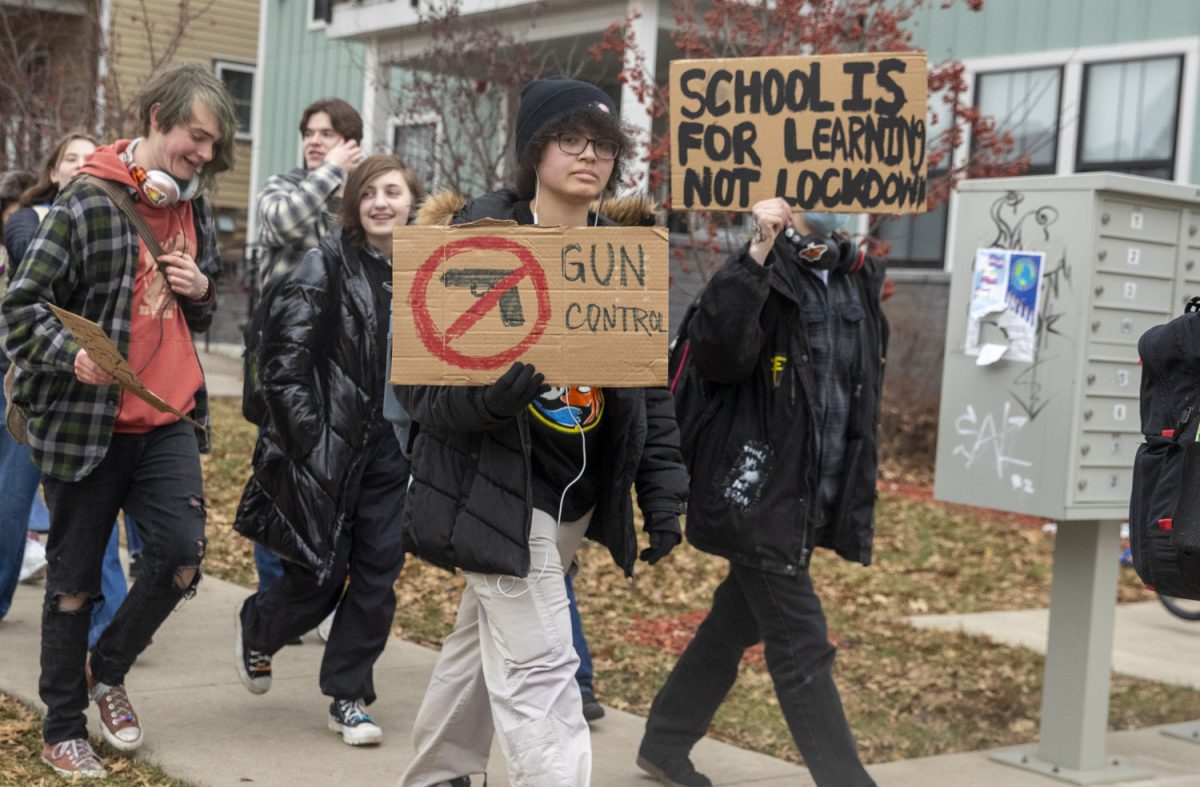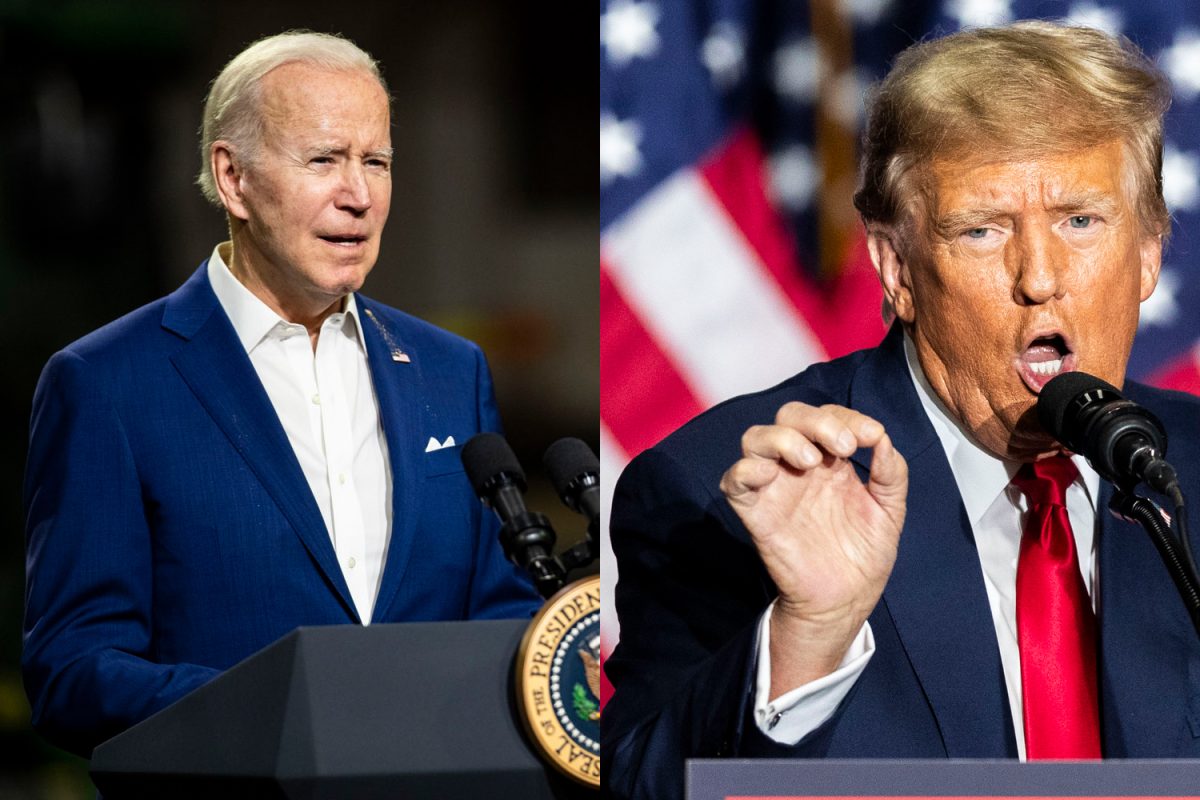Five newcomers and three incumbents will duke it out at the polls for four positions in the Iowa City City Council. The issues in contention this election primarily revolve around community transparency, responsible economic practice, and safety. On Oct. 22, the Johnson County League of Women Voters held a public forum with the eight hopefuls in order to debate these aforementioned topics before the Nov. 3 election, where candidates began forming political bonds with each other. Of the four seats up for grabs, two are at-large bids from incumbent Councilors Michelle Payne and Jim Throgmorton as well as Rockne Cole, whose council run fell short in 2013, and new kid on the block Tim Conroy. Two district seats are also available: one from District A, primarily on the West Side of the Iowa River, and one from District C, home to the I-80 exit 244 entrance into town as well the downtown and North Side (Throgmorton currently serves this district as councilor but is running for the at-large position).
Councilor Rick Dobyns is running for re-election in District A against former full-time nurse at the UIHC Pauline Taylor. The fresh faces for District C are business proprietor Scott McDonough and John Thomas, a former member of the Planning and Zoning Commission.
At the League of Women Voters forum, Taylor stressed the need for the council to cooperate with its constituents and other branches of the local government, while Throgmorten expressed concern about coordinating with other public entities in the Iowa City region. Payne highlighted the controversial subject of taxi assaults targeted at women, and Conroy extended the discussion to the city’s efforts to collaborate with the UI to provide services such as Nite Ride.
Though the conversation displayed amicable platforms by the candidates, the Daily Iowan Editorial Board believes that these issues should not be treated as mutual exclusives — rather important vectors in which these aspiring councilors can greatly influence the whole of Iowa City’s community. Evaluating the council, School Board, and UI administrative motions as isolated efforts will ultimately serve to the detriment of the local metro area.
Case in point: the city’s implementation of tax incremented financing, endorsed by developers and city management as well as Payne (less so for hopefuls McDonough and Conroy), impinges upon realigning budget streams because tax-freeze incentives for local property developers, some lasting up to 20 years under Iowa law. In the case of the controversial Chauncey Tower, the Moen group has been granted $12.1 million in TIF, lasting 25 years set to begin in 2020. All of those future tax dollars are lost to the city’s purse, thus siphoning funds from the county and School Board (which affects disputed redistricting, such as the current Hoover Elementary debacle; the school is scheduled to be closed).
As a further result, using such economic tactics influences property and business owners through increased tax rates to account for that lost future money (because of city government committed to continually spending on multimillion dollar projects, such as the Gateway Project). In turn, this affects the ability to provide proper compensation to wage earners in the community; prices must increase to meet rising taxes and the recent minimum-wage hike.
In the unique community of Iowa City, there are three prongs supporting its vitality (each with separate budgeting): the city government, the School Board, and the UI. The trio must interact transparently together and suppliment each other when necessary. That being said, these council hopefuls must be wary of urban practice that skews the balance, holding branches of the government they represent accountable for the residual effect of their policy that bleeds into the rings of the School Board, UI, and county as a whole.










